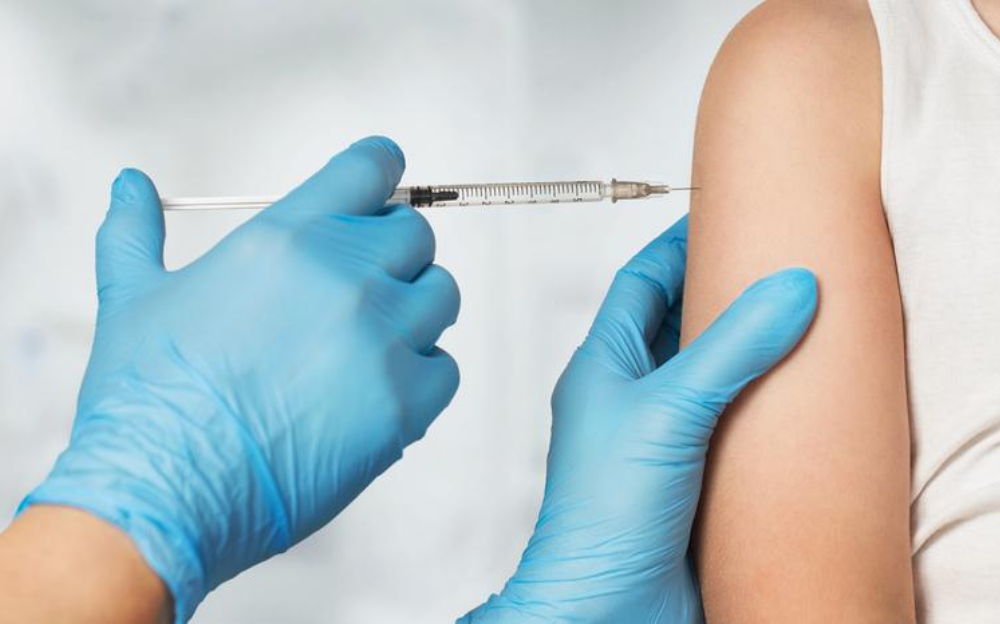
With a potential COVID-19 vaccination coming out soon, it is important to be knowledgeable about what a vaccine is comprised of, and how vaccines works. Let’s talk about the most common vaccination – the flu shot – and how this will affect your informed decision to get vaccinated in the future.
Vaccine Definition:
According to the Center for Disease Control (CDC), a vaccine is a type of medicine that contains the same germs as a specific disease, to help your body to create antibodies and prevent you from contracting the disease. Yes, the vaccine contains part of the disease, but the part that would make you sick has been killed or weakened, so that you don’t actually get sick. Instead, your body is able to create and produce antibodies so that you can develop an immunity to the disease.
But I got a flu shot, why did I still get the flu?
The age old question, “can you still get sick after a flu shot?” It is critical to know that the reason you are getting sick is not because of the vaccine itself; remember the CDC tells us that the vaccine itself does not contain any part of the disease that can actually get you sick, and that those parts have been deactivated. However, if you do get the flu after a flu shot, it is likely one of these reasons as provided by Very Well Health:
- After getting a flu shot it takes two weeks for it to be effective against the strain of the flu it was created for. So if you got a flu shot on Tuesday, but are in contact with flu germs a week later, you could still get the flu.
- You may have been exposed to the flu before you got your shot, and you may have not had symptoms before the time you got the vaccination.
- The vaccine itself contains the strain of the flu that is anticipated to cause people the most sickness for that particular season, but there are still other strains of the flu out in the world that may not be in that specific vaccine. Therefore, if you get the vaccine and still get sick, even two weeks later, it could be because you contracted a different strain of the flu.
Therefore, if you receive the flu vaccine every flu season, remember that you are receiving different strains of the flu that are projected to be the strain that will potentially spread that season. In this case, the CDC recommends that you receive a flu shot every season to best keep you from getting the flu.
How important is it to get the flu vaccination every flu season?
It is important to note that, according to Mana Medical Associates, the flu shot only reduces the chance of you actually getting the flu by 40-60 percent. According to Hopkins Medicine, it is estimated that 1 billion people worldwide get the flu, and about 290,000 – 650,000 people die from flu related causes annually. So yes, people do continue to have serious effects from the flu, but the most complications are seen in very young children and people over 65. However, paralleling COVID-19, anyone is at risk of having serious complications from getting the flu.
What about the Potential COVID-19 Vaccination?
In comparison to the flu deaths, as of August 14, 2020, 760,213 COVID-19 deaths have been reported worldwide, and in the U.S alone, 167,253 people have died. The statistics can be concerning, but with potential for a COVID-19 vaccination coming out soon, you should stay informed about how they develop vaccinations. The CDC states that these are the stages of vaccine production, and that the clinical development of new vaccines has three stages alone. Therefore, developing a vaccination can take a while.
The general stages of the development cycle of a vaccine are:
- Exploratory stage
- Pre-clinical stage
- Clinical development
- Regulatory review and approval
- Manufacturing
- Quality control
Now, while a potential COVID-19 vaccine can be helpful in stopping the spread of this deadly virus, remember that most vaccines, according to the History of Vaccines, go through development, testing, and regulation, and they can take as long as 10-15 years to develop and to fully know the side effects of them. The answer to whether you should receive vaccines is never going to be simple, and will depend on the person and their personal medical history. With that being said, do your research on the clinical testing for a vaccine before you receive it, and do your part in slowing the spread of COVID-19 by taking the precautions set by the CDC to protect yourself and others.
Flu shots are one of the most common vaccinations and are offered seasonally by Healthpointe. If you are looking for a safe clinic to receive your flu shot, or want to ask a doctor if you should be receiving a yearly flu shot, you can call (888) 824-5580, or schedule an appointment today.
About Healthpointe
Healthpointe is a leading multidisciplinary healthcare organization offering a full range of medical services in practice locations throughout Southern California (Los Angeles County, Orange County, San Bernardino County, and Riverside County). We are proud of our record of excellence over the last four decades with injured workers, personal injuries, athletes, and more. For more information, a complete list of services, and Healthpointe locations, visit Healthpointe.net.
